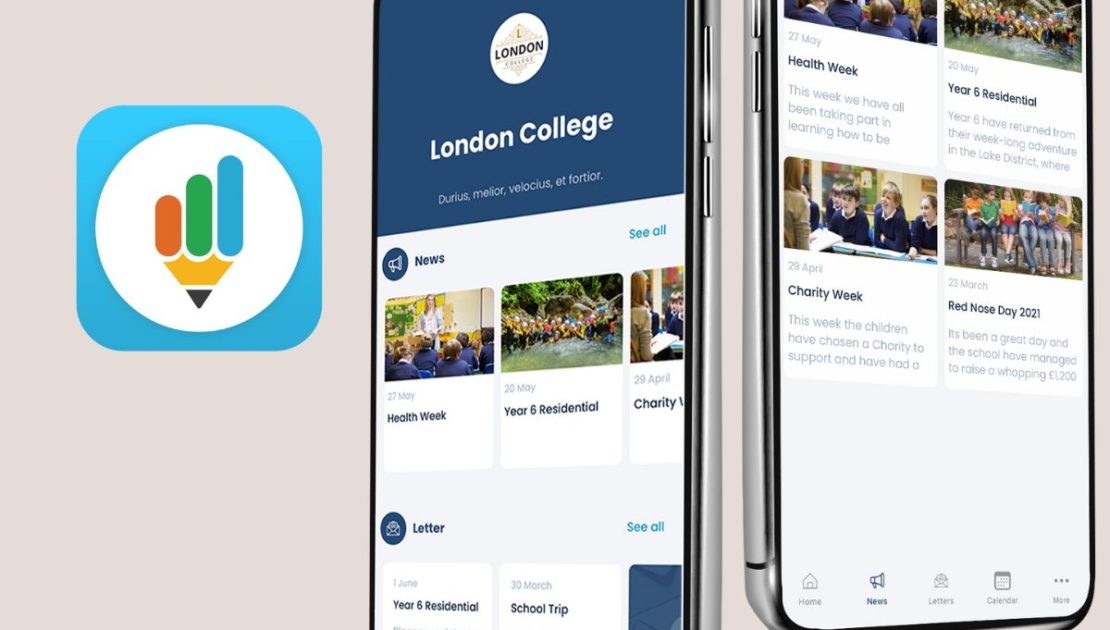Mobile phones have become an integral part of daily life, and this is especially true for parents in the UK. With an overwhelming majority of UK adults using smartphones, it’s no surprise that mobile devices have become a go-to tool for managing family schedules, keeping in touch with loved ones, and accessing important information about children’s health and well-being. In this article, we’ll take a closer look at 10 statistics about parents and the use of mobile phones in the UK, highlighting the growing importance of digital communication tools in modern family life.
Here are 10 statistics about parents and the use of mobile phones in the UK:
- According to a survey by Common Sense Media, 75% of UK parents say they feel addicted to their mobile phones.
- A study by Ofcom found that 79% of UK adults use a smartphone, with the majority of users checking their phones within 30 minutes of waking up in the morning.
- A survey by YouGov found that 47% of UK parents say they use their mobile phone during family meals, with 12% admitting to using their phones “all the time” during meals.
- According to a survey by Parent Zone, 90% of UK parents say they allow their children to use mobile phones or tablets at home, with the majority of children getting their first device between the ages of 6 and 10.
- A study by Deloitte found that 76% of UK parents use their mobile phones to help manage their family’s schedule and activities.
- According to a survey by Netmums, 71% of UK parents say they use their mobile phones to keep in touch with friends and family, with 62% saying they use social media apps to do so.
- A study by O2 found that 69% of UK parents use their mobile phones to take and share photos and videos of their children.
- According to a survey by Mumsnet, 63% of UK parents say they use their mobile phones to read news and current events, with 34% saying they check the news multiple times a day.
- A survey by Barnardo’s found that 70% of UK parents say they use their mobile phones to access information about their children’s health and well-being, such as medical advice and appointment reminders.
- According to a survey by Statista, the average daily time spent on mobile devices in the UK is 3 hours and 23 minutes, with 68% of that time spent on smartphones.
The statistics show that mobile phones are an integral part of the daily lives of UK parents, with many using their phones to manage their family’s schedule and activities, keep in touch with friends and family, and access information about their children’s health and well-being. Additionally, many parents allow their children to use mobile phones and tablets at home, highlighting the importance of digital communication in modern family life.
Given these trends, it’s clear that schools can benefit from investing in digital communication tools that make it easier for parents to stay informed and engaged with their child’s education. The School Jotter app offers a range of features that make it easier for parents to access school news, photos, and other important information on the go. With galleries, news calendars, and notifications that sync with the school website, parents can stay up to date with school activities and events without having to check multiple sources.
By providing a delightful experience for parental engagement communication, the School Jotter app can help schools strengthen their relationship with parents and improve overall communication and engagement. With more parents relying on mobile devices to stay informed and connected, schools that invest in digital communication tools are more likely to meet the needs and expectations of today’s parents. Overall, the School Jotter app is a smart investment for schools looking to improve parent-school communication and engagement.









